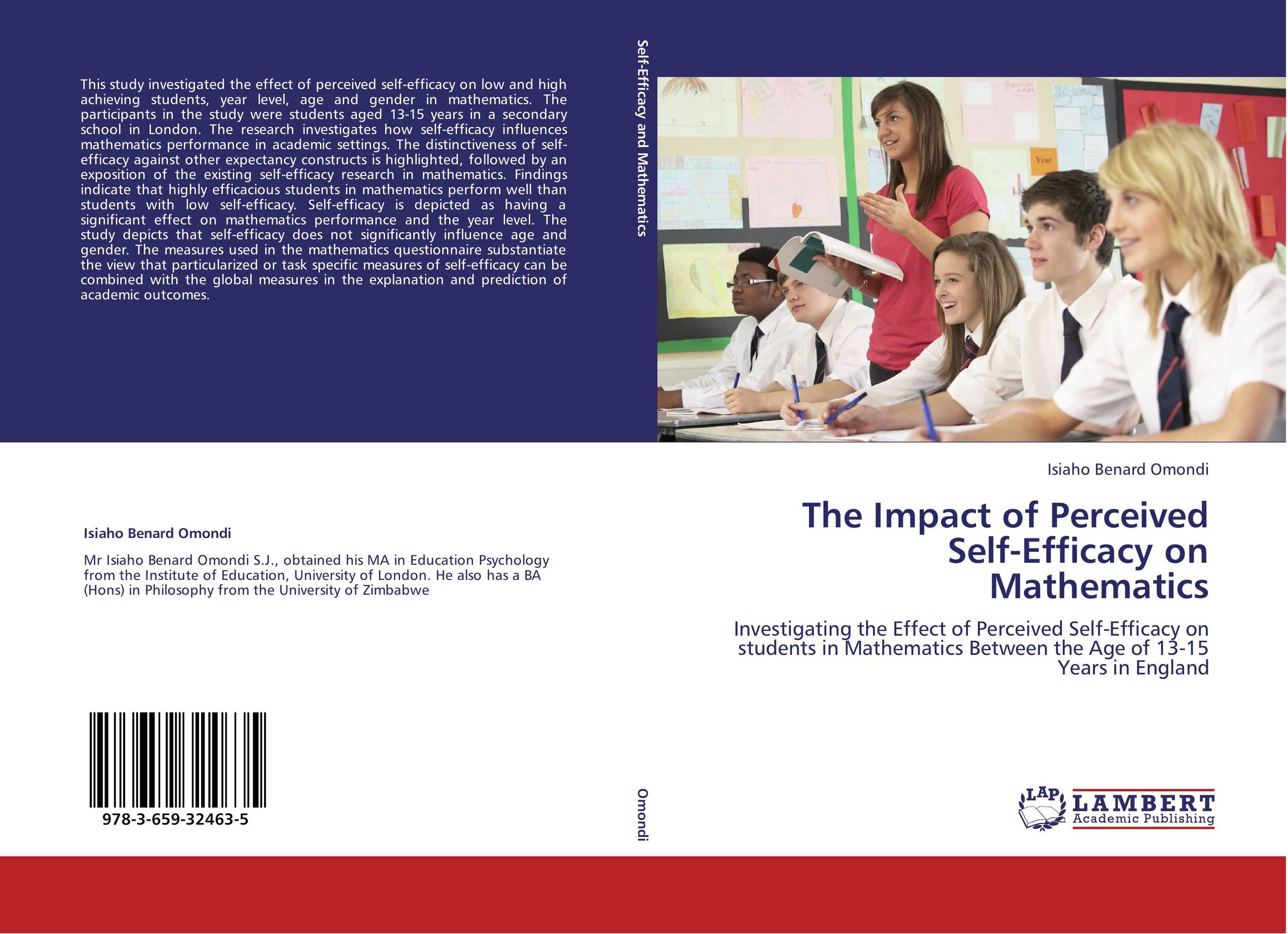| Поиск по каталогу |
|
(строгое соответствие)
|
- Профессиональная
- Научно-популярная
- Художественная
- Публицистика
- Детская
- Искусство
- Хобби, семья, дом
- Спорт
- Путеводители
- Блокноты, тетради, открытки
The Impact of Perceived Self-Efficacy on Mathematics. Investigating the Effect of Perceived Self-Efficacy on students in Mathematics Between the Age of 13-15 Years in England

В наличии
| Местонахождение: Алматы | Состояние экземпляра: новый |

Бумажная
версия
версия
Автор: Isiaho Benard Omondi
ISBN: 9783659324635
Год издания: 2013
Формат книги: 60×90/16 (145×215 мм)
Количество страниц: 116
Издательство: LAP LAMBERT Academic Publishing
Цена: 31779 тг
Положить в корзину
| Способы доставки в город Алматы * комплектация (срок до отгрузки) не более 2 рабочих дней |
| Самовывоз из города Алматы (пункты самовывоза партнёра CDEK) |
| Курьерская доставка CDEK из города Москва |
| Доставка Почтой России из города Москва |
Аннотация: This study investigated the effect of perceived self-efficacy on low and high achieving students, year level, age and gender in mathematics. The participants in the study were students aged 13-15 years in a secondary school in London. The research investigates how self-efficacy influences mathematics performance in academic settings. The distinctiveness of self-efficacy against other expectancy constructs is highlighted, followed by an exposition of the existing self-efficacy research in mathematics. Findings indicate that highly efficacious students in mathematics perform well than students with low self-efficacy. Self-efficacy is depicted as having a significant effect on mathematics performance and the year level. The study depicts that self-efficacy does not significantly influence age and gender. The measures used in the mathematics questionnaire substantiate the view that particularized or task specific measures of self-efficacy can be combined with the global measures in the explanation and prediction of academic outcomes.
Ключевые слова: Self-efficacy, England, Mathematics, low and high achieving students, 13-15 years



